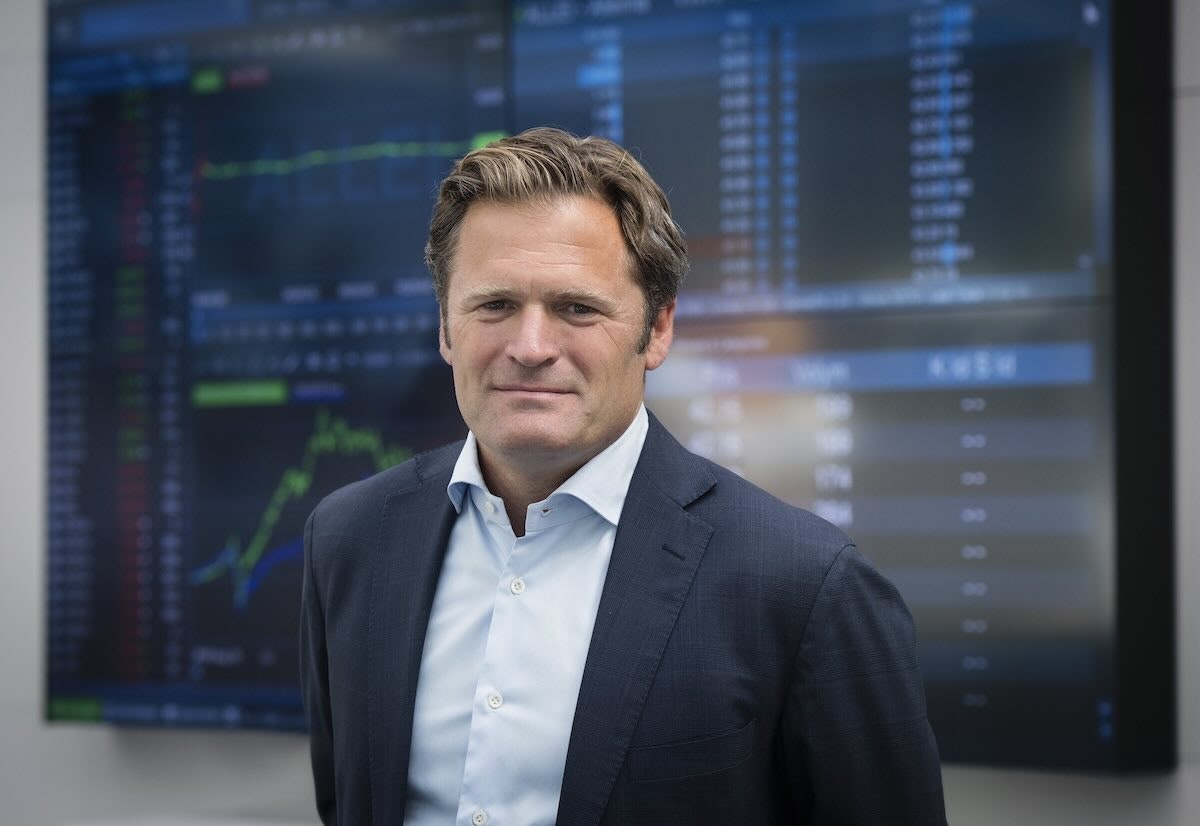The UK market has not been kind to foreign fintechs in recent years. N26, Robinhood, Holvi and Lydia have all pulled out. The latest to throw in the towel is Australian buy, now pay later (BNPL) startup Openpay, according to two people with knowledge of the matter.
In an interview with Sifted, interim CEO Ed Bunting confirmed that the company is closing shop to its retail customers in the UK three years after entering the market. He says the company had consulted its UK employees, all 31 of whom will be made redundant by September.
“What UK customers will notice is that we're not going to be offered at the point of sale for a lot of the places that they've been accustomed to,” Bunting tells Sifted.
Openpay will still offer a couple of longer-term repayment plans for dental procedures and car repairs in the UK through “strategic partnerships”, he says.
Openpay’s change in strategy is a sign of just how competitive the market has become in the UK mostly due to the dominance of Europe’s most valuable private company: Klarna.
In the UK, it’s hard to compete with Klarna, Clearpay and Laybuy, none of whom charge customers fees to use their payment plans, nor any interest.
“The BNPL sector has evolved a lot since we first came into the UK market,” Bunting says. “There are now some huge players in the UK and you have a high degree of competition for merchant acquisition, which means there are lower margins involved.”
Klarna has over 16 million active customers in the UK alone. In July last year, Openpay had 276,000 active customers in the UK, 51% of its global total. In an update last week, it only differentiated between Australia and "rest of world" (313,000 active customers) — likely very close to the UK number.
Lower margin economics
As more and more BNPL providers vie for attention among UK shoppers, charging customers a fee to use their products is a no-go.
Instead, the local BNPL sector is built on small fees charged to merchants alone — a model that thrives amid low interest rates, but is put in jeopardy when central banks begin to raise rates.
“What you really need in the UK right now is huge scale to make that viable, especially if you have a business model that is reliant on one source of revenue,” Bunting says. “So for us, we wanted to focus on what we know we’re good at, by accelerating our near-term profitability through our Australian products.”
Openpay has a long way to go when it comes to profitability. The company reported a net loss before tax of $42m in the first half of its current financial year — a loss increase of 65% on a year earlier.
You’ve got to commit to spending a lot of money. And while the markets are in the mood they’re in, you’re going to pay for that on the other end
So to start narrowing this gap, it wants to charge as many fees as possible: on both the consumer and merchant side. While this isn’t possible in the highly competitive UK market, it hopes to grow its margins in Australia and the US (where it launched four months ago as Opy).
“In Australia, we have a product that charges a lot of really low, fixed costs to the consumer per payment, in exchange for us providing a loan to them. And we’re now going to focus on the US as our primary growth market, due to the strong unit economics of our product there,” Bunting adds.
Openpay charges US customers up to 9.99% APR on its flagship product, something it couldn’t do in the UK.
What does it take to have BNPL success in Europe?
BNPL products were born on the other side of the world from Europe, and customers in Australasia have been used to being charged fees for years.
Around 5% of all ecommerce transactions in the UK are now made using BNPL products — up 60% from the previous year. But that's dwarfed by Australia, where around 20% of all ecommerce transactions were made using BNPL products in 2021.
“It does feel like where you haven't got a core market presence, it is extremely hard work right now,” says Fahed Kunwar, a partner at equity research firm Redburn, who co-authored a report on the BNPL sector. “So you’ve got to commit to spending a lot of money. And while the markets are in the mood they’re in, you’re going to pay for that on the other end."
Openpay is one of around ten BNPL companies listed on the Australian stock exchange whose stocks are currently trading down around 90% from their 2020 peaks.
[BNPL startups are] being forced to really figure out their path towards sustainable profitability
But this apprehension doesn’t seem to have trickled down to investors in Europe: newer entrants into the BNPL sector continue to rake in sizeable rounds from global investors.
Meanwhile, Visa, Mastercard, Barclays, PayPal, Revolut and Monzo are all fighting for a slice of the BNPL pie.
Although market penetration for BNPL is smaller in the US than in Australia, Jeff Tijssen, global head of fintech at the consultancy Bain & Co, points out that it’s still a pretty tough environment.
“I’d say the US market is just as competitive, if not more, compared to what we’re seeing in the UK,” Tijssen says. “Yes, some of the underlying unit economics may vary so you’re able to charge more from your merchants and consumers, but that doesn’t take away from the fact that it’s not all about Klarna,” he adds, citing other big players like Affirm.
Tijssen believes that in the long-term, the share price turmoil is a good thing for the sustainability of the sector.
“Now that these businesses are coming under increased levels of scrutiny from the investor community, they’re being forced to really figure out their path towards sustainable profitability, as opposed to international expansion and hyper-growth at all costs.”



